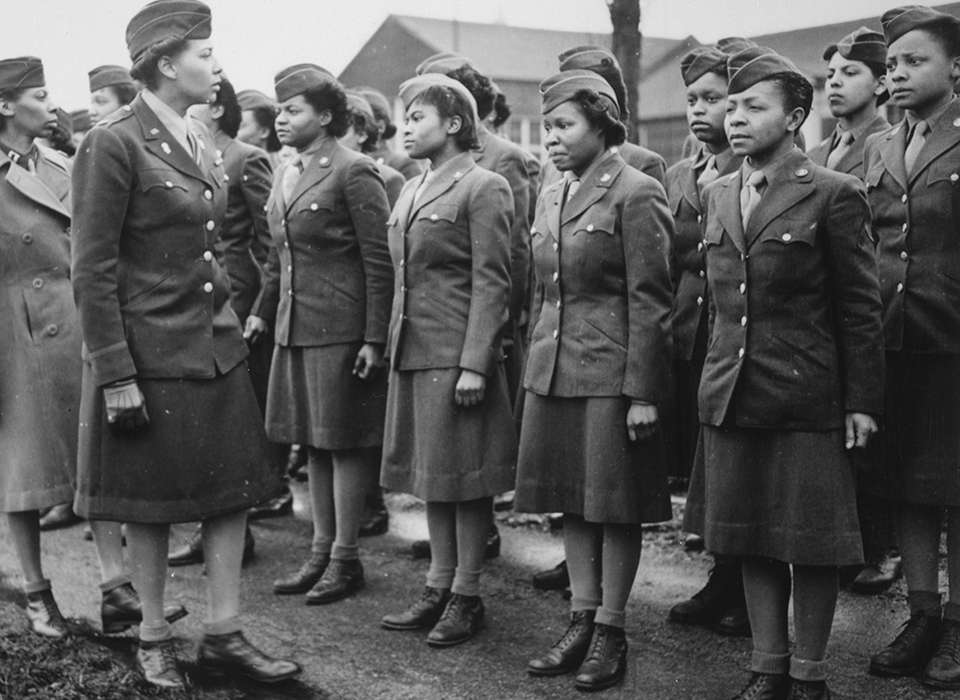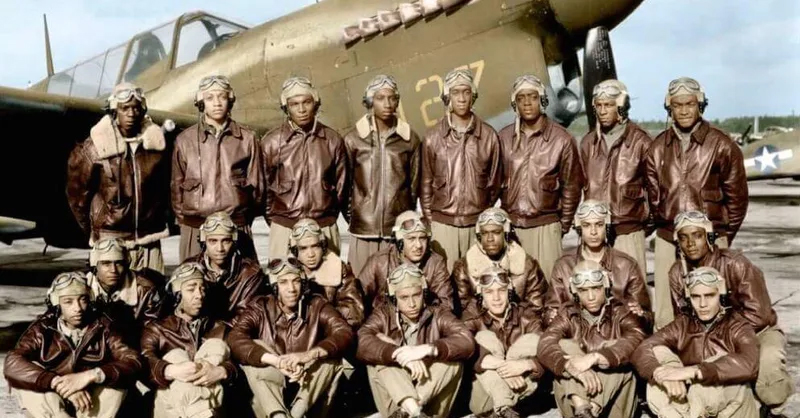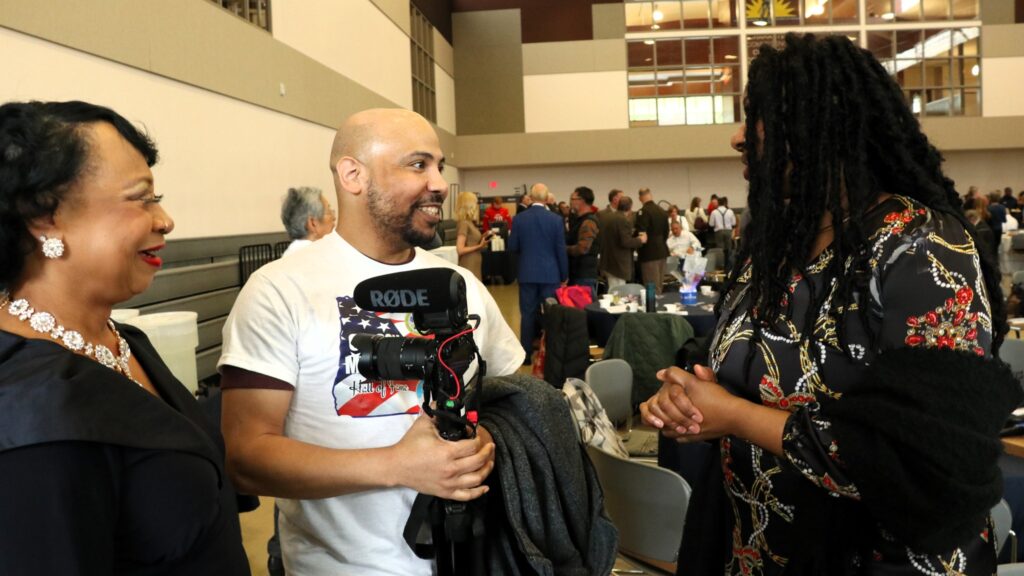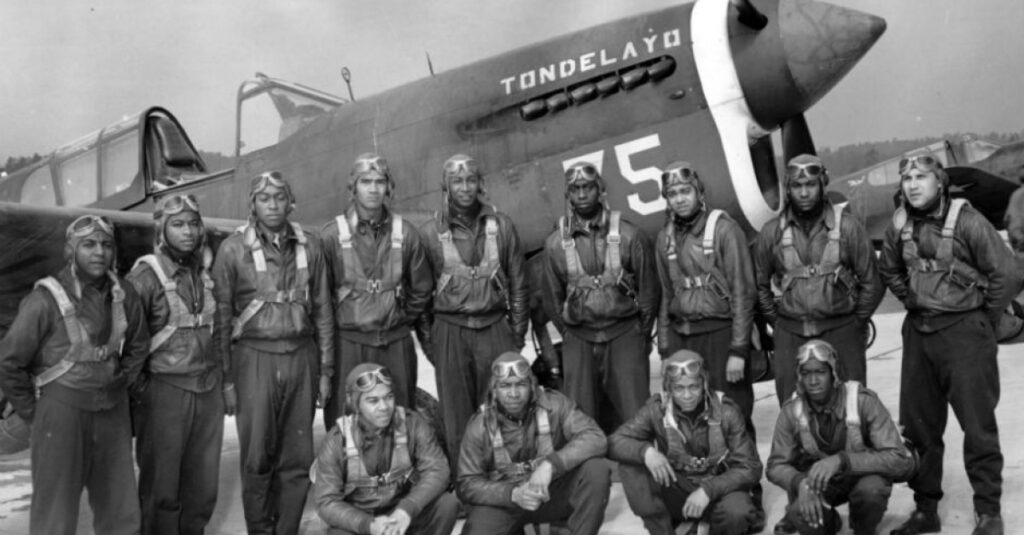![]()
In honor of Black History Month, the Oregon Department of Veterans’ Affairs is spotlighting the military service of Black service members through history and profiling the many contributions they made to preserve our nation’s democracy and keep the United States safe and free.
The series will include historical articles recounting the achievements of several extraordinary Black military units who served before the United States Armed Forces was desegregated by presidential order in 1948, as well as profiles of Black service members who served during more recent eras of conflict.
On February 3, 1945, the U.S. Army sent over 800 black women overseas to England aboard the SS Ile de France. Their mission was unknown to them.
Eleven days later, after dodging German U-boats, the 6888th Central Postal Directory Battalion — better known as “the Six Triple Eight” — landed in Glasgow, Scotland. Waiting for them was their commander, Major Charity Edna Adams, the first Black woman to achieve the rank of lieutenant colonel in the U.S. Army.
On February 14, the Six Triple Eight arrived at their new home at the King Edward School near downtown Birmingham. The living conditions were austere, including having to take cold showers outside. They put their gear on their bunks and were taken to nearby warehouses. Inside, they found bags of mail, packages, and boxes stacked to the ceiling.
Before the Six Triple Eight, these millions of letters and packages had been piling up in aircraft carriers across Europe, undelivered and undeliverable. Before the Six Triple Eight, it was estimated it would take six months to clear the backlog of undelivered parcels in France alone. The Six Triple Eight did it in three.
At peak efficiency, they processed for delivery over 65,000 pieces of mail per shift. By war’s end, it added up to 17 million pieces of mail. Their battle cry, “No mail, low morale,” encapsulated the critical role mail played in maintaining the spirit of service members and would echo across makeshift mailroom throughout the war front.
In May 1945, the Six Triple Eight was moved to Rouen, France, not far from the port city of Le Havre, to clear two to three years of backed up mail. And again, the women completed the task in just three months. They were the first and only all-female African American battalion to be deployed overseas during World War II.
At the end of summer, the Six Triple Eight moved to Paris and the luxuries of the Hotel Etat-Unis from where they began to rotate home. The battalion was transferred home and disbanded at Fort Dix, New Jersey, in 1946. There was no ceremony, no parades, no public appreciation, and no official recognition for all their accomplishments.
It would be 75 years before the Six Triple Eight would begin to receive their just recognition. On November 30, 2018, a monument was dedicated in their honor at Fort Leavenworth, Kansas. On February 20, 2019, Secretary of the Army Mark T. Esper awarded them the Meritorious Unit Commendation for Meritorious Service.
On March 14, 2022, President Joe Biden signed into law the Six Triple Eight Congressional Gold Medal Act, awarding the Congressional Gold Medal, the highest expression of national appreciation for distinguished achievements and contributions by individuals or institutions, to the 855 members of the Women’s Army Corps who were assigned to the 6888th Central Postal Directory.
Views: 461



